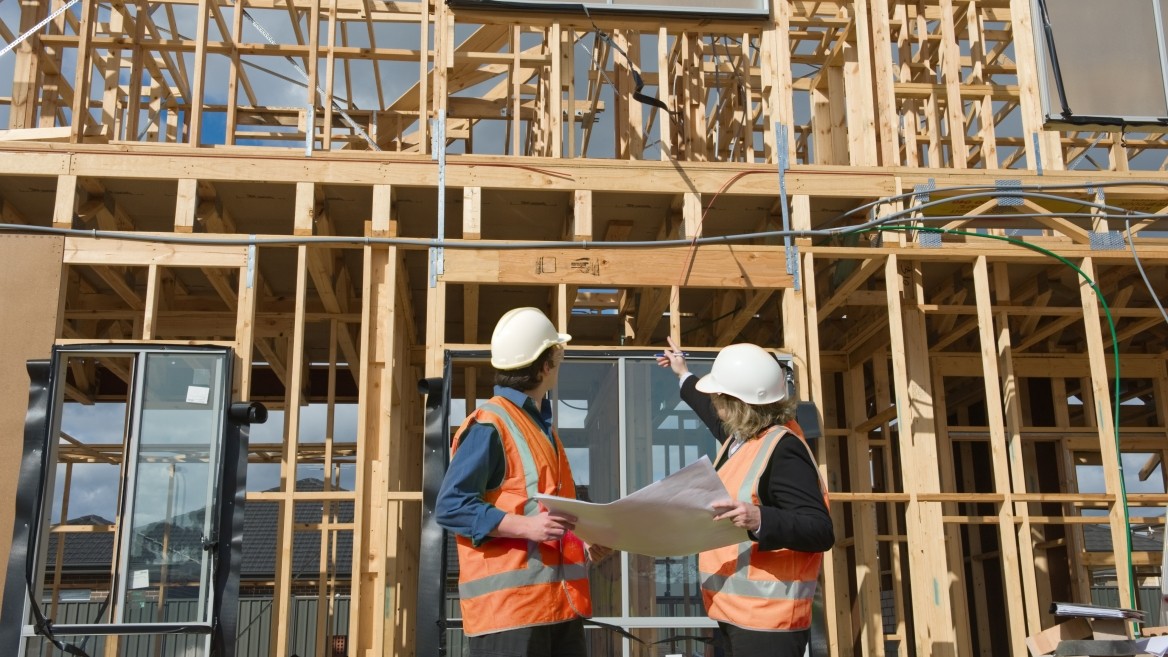Pro-Bono and Low-Bono Design Work: A Force for Good in the Built Environment
The built environment is a powerful tool that can improve people's lives. It can provide access to healthcare, education, and economic opportunity. But for too many people, the design services needed to create such facilities are out of reach. Pro-bono and low-bono design work can make these services accessible.
Silman, A TYLin Company seeks to give back by providing expert professional services for free, or at a minimal fee, to serve the public good as part of Silman’s Building Equity Initiative (BEI). BEI was established to support non-profit and public programs. Through BEI, we utilize our design skill set to create spaces that strengthen communities and contribute to societal equity, particularly in the areas of housing, education, healthcare, and access to culture. Our goal is to commit at least 1,000 hours annually toward such projects. BEI helps to create spaces that strengthen communities, enhance lives, promote well-being, and address societal inequalities.
Silman, A TYLin Company is not alone in its desire to help. Many professionals are excited at the opportunity to give back, but challenges exist. Pro-bono and low-bono work can be time-consuming and resource-intensive.
Acknowledging these challenges, Silman BEI representatives recently collaborated with ARCHIVE Global, an international non-profit research and design organization focused on the link between health and housing in vulnerable communities, to lead a discussion on the challenges and successful strategies of pro-bono and low-bono design. New York City architects, engineers, and non-profit organizations shared their insights.
To delve deeper into the challenges and opportunities of pro-bono and low-bono work in the architecture, engineering, and construction industry, read about this discussion in Structure Magazine. The article highlights opportunities for collaboration, showcases the importance of relationship building, and offers innovative funding models.
To learn more about Silman’s Building Equity Initiative and perhaps team on a pro-bono or low-bono project, visit Silman, A TYLin Company.
